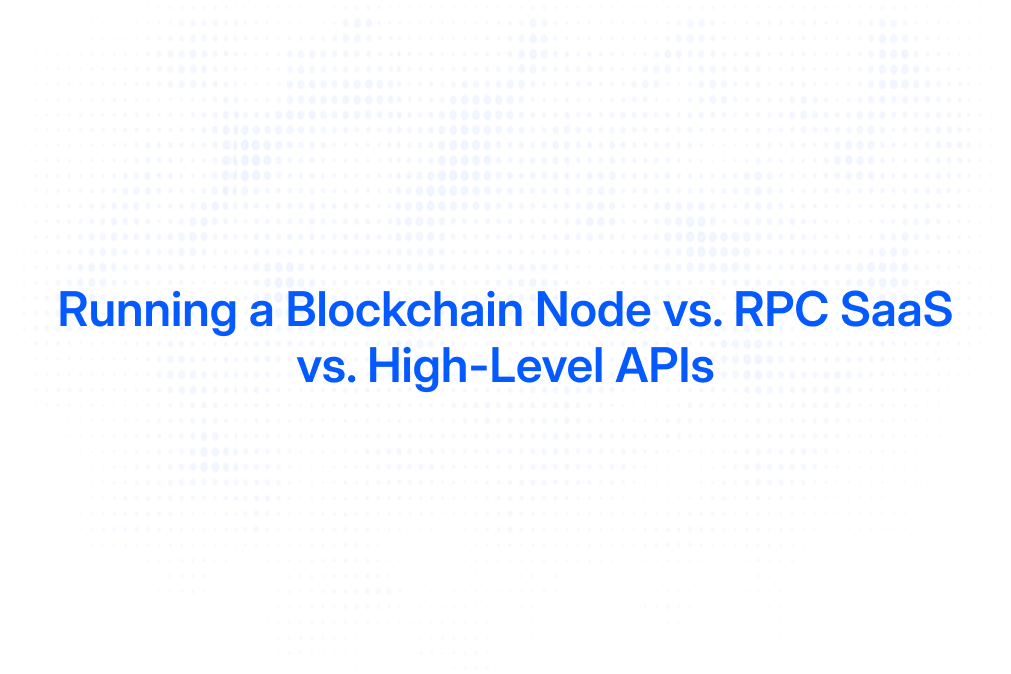Exploring the Dynamics of Swarm Technology
Kevin Callahan

Swarm intelligence, often referred to simply as 'swarm', is a phenomenon in the realm of artificial intelligence and computer science that draws from the behavior of social insects, like bees, ants, and termites, as well as some other animal societies. Swarm intelligence systems are typically composed of a population of simple agents interacting locally with one another and with their environment. The primary goal of such systems is to exhibit a collective behavior that expresses intelligence.
One of the key aspects of swarm behavior is that no single member tells another what to do. Rather, the entire process is decentralized, with each agent, or individual unit, operating on its own set of instructions. Swarm-based algorithms do not depend on a single unit but on the collective behavior of autonomous units. The functionality of the overall system is not wholly compromised if one or some of them fail.
Swarm intelligence has numerous applications, particularly in optimization and problem-solving. The exploration abilities of swarm intelligence have proven vital in solving complex tasks that require search operations like exploring for natural resources or search and rescue operations. Other applications include combat simulations, reconstructing three-dimensional structures, and scheduling of jobs in a manufacturing setup.
Among the well-known swarm intelligence algorithms are the Particle Swarm Optimization (PSO) and the Ant Colony Optimization (ACO). PSO is popular in continuous optimization and numinous multi-objective optimizations. It’s based on the swarm behavior of bird flocking and fish schooling. On the other hand, ACO explores search spaces by generating and following pheromone trails, similar to ants in search of food. It’s commonly used in discrete optimization tasks and combinatorial optimization.
Despite its benefits, there are challenges to the implementation of the swarm. One of the major challenges is that in larger swarms, the sheer volume of communications between the individuals can become overwhelming and slow down the overall performance. Additionally, the adoption of swarm algorithms requires a shift in thinking compared to more traditional, centralized approaches.
In conclusion, swarm intelligence is a thriving field that embodies the principle, ""The whole is greater than the sum of its parts"". Rather than relying on a single unit or a central command, it leverages the collective actions of numerous simpler agents to achieve complex tasks. As our understanding of swarm intelligence increases, so too should our ability to leverage it for solving real-world problems. This, however, requires overcoming current challenges and improving interaction techniques and efficiency. So, the future of swarm relies on our ability to align with this parallel and decentralized way of problem solving.
.svg)


.png)



